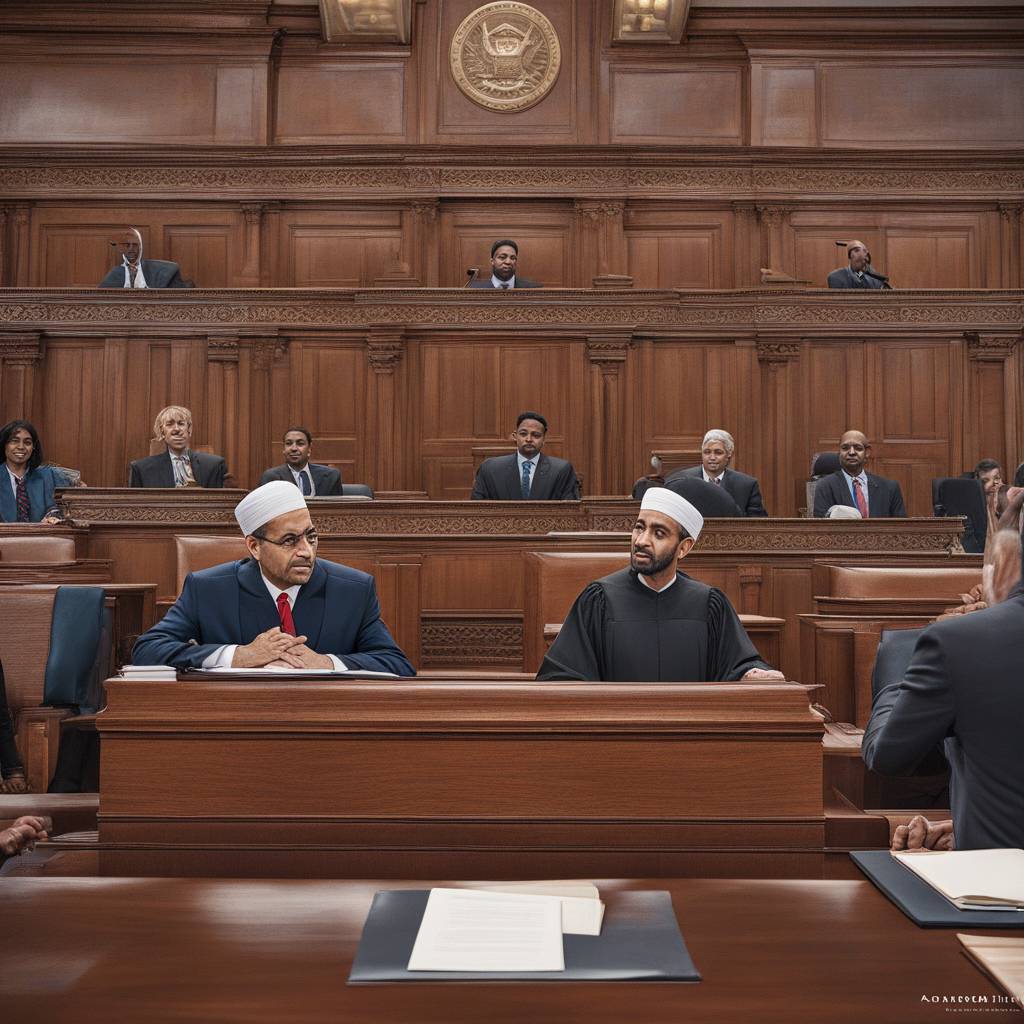The nominee who could be the first Muslim American to serve as a federal appellate court judge, Adeel Mangi, is facing opposition from law enforcement groups. They argue that his work with the Alliance of Families for Justice, an organization that provides legal assistance to incarcerated individuals and their families, is disqualifying. Some key Democrats and Republicans have withdrawn their support for Mangi due to these concerns. While Mangi has stressed his legal victories and support from other law enforcement groups, the opposition is threatening his nomination.
Three Senate Democrats, including Sen. Joe Manchin and two Nevada senators, have come out against Mangi’s confirmation, citing law enforcement opposition. Without their support, Mangi may need the backing of some Republicans to secure confirmation, which at the moment seems unlikely. Senators on both sides of the aisle are continuing to have discussions regarding his nomination, with the White House calling on the Senate to confirm him without delay.
Mangi has vehemently denied any anti-police bias, asserting that his work with the Alliance of Families for Justice has never clouded his judgement. His involvement with the organization stemmed from leading a pro bono lawsuit related to the death of a mentally ill inmate in New York, which led to reforms to increase safety in the prison. Despite criticism, Mangi received endorsements from various law enforcement organizations, including the Hispanic American Law Enforcement Association and the Muslim American Law Enforcement Association.
The nomination of Mangi has also faced criticism from some Jewish groups due to his past affiliation with the Center for Security, Race and Rights at Rutgers University. Republicans have questioned him about remarks made by others at the center, which they view as antisemitic. Mangi defended himself, stating that he should not be held responsible for the statements of others at events he was unaware of. The Anti-Defamation League has come to his defense, arguing that he was unfairly targeted due to his religion.
The Senate Judiciary Committee narrowly advanced Mangi’s nomination in January, but his support has waned since then. Critics argue that the treatment of Mangi during his confirmation process has been influenced by his faith, with Senator Dick Durbin calling it discriminatory and unfair. Senate Leader Mitch McConnell has been a vocal opponent of Mangi, suggesting that his involvement with radical groups disqualifies him from the judgeship. The ongoing debate emphasizes the challenges faced by Muslim nominees in the judicial confirmation process and raises questions about religious biases in the judiciary.













